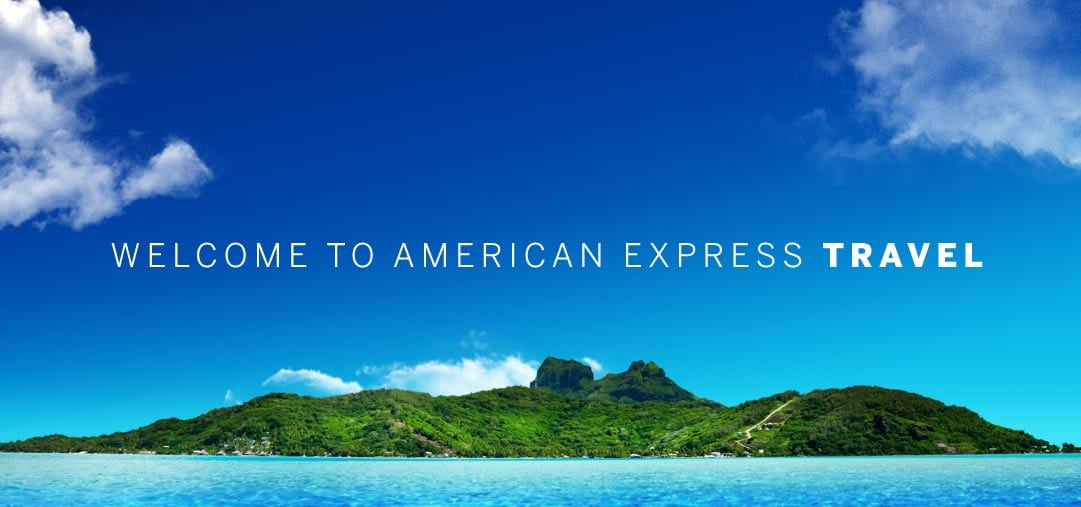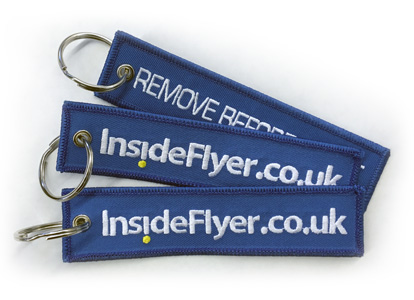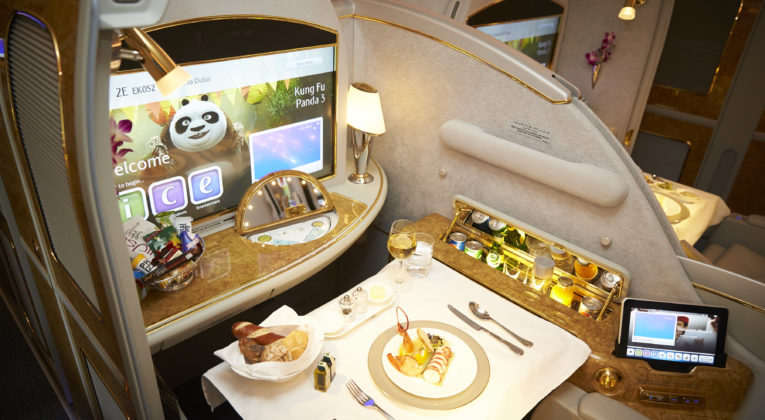Some links to products and partners on this website will earn an affiliate commission.
Here at InsideFlyer we spend a lot of time focusing on how to ‘travel better for less’. Taking advantage of generous promotions and time-limited deals is key and definitely affects where, when, and how I travel. I’m sure that’s the same for many readers too. If, say, Hilton or British Airways are running a genuinely compelling promotion, I’m simply more likely to stay or fly with them.
Does the same apply to other forms of marketing though? I think it really depends…
As you might expect, my inbox is frequently inundated with press releases and marketing material from all sorts of travel businesses. Sometimes there might be something interesting, but more often, I’m left scratching my head about why time and money was spent on a campaign that hardly anyone would care about. Perhaps I’m a little bit cynical though, so would love to hear your thoughts in the comments below about the types of marketing that connect with you.
For example, what do you think about IHG’s expensively produced new campaign?

“Backed by the most extensive media campaign investment IHG has ever made for loyalty, Guest How You Guest reflects a playful perspective of a personalized stay at an IHG hotel. It evokes a desire to travel, explore and indulge. The images and videos will appear online, in television ads, magazines, billboards, murals and even subway stations.”
Personally, I quite like the photos but really struggle with the attempted slogan “Guest how you guest”. It’s surely just a bit too Perfect Curve…
The interesting thing is that in many ways travel is actually relatively easy to ‘sell’ compared to most products. Glamour, adventure, luxury, escape, exotic locations, etc. There’s a reason why credit card companies and other financial services businesses are so keen to partner up with airline and hotel programmes: Sunsets, not spreadsheets.

In a slightly different way, what can work particularly well for airlines (especially flag carriers) is to invoke a sense of familiarity and nostalgia – even in people from other countries. A simple quintessential signature like Afternoon Tea on British Airways, satay on Singapore Airlines, or KLM’s gin-filled Delft blue houses might make you smile and make a flight more memorable.
Similarly, humour and conveying a genuine sense of warmth can clearly generate both attention and a positive view of a brand. Take a look at this classic Air New Zealand Christmas advert to see what I mean.
Another common technique that I think does work (to an extent) is the so called ‘halo effect’. The idea is essentially to have a prestige product, like Emirates First Class, and to focus advertising efforts around that. Even though the vast majority of Emirates passengers will never fly First Class, the sense of luxury is still associated with the wider brand. For years, Emirates Business Class wasn’t really objectively competitive with the best products, but many passengers still saw Emirates as the higher status brand.
It’s a long time since InsideFlyer itself was a physical magazine, but I still think there is a potential role for tangible things like brochures and folios, especially for the luxury side of the market. My parents used to absolutely love the way Orient Express tickets were packaged, and many readers will be familiar with how American Express dresses up its Platinum Cards.
Even more exclusively, what sort of globetrotter wouldn’t love a limited edition InsideFlyer bagtag? 😉

Bottom line
I don’t think there is much dispute that big glossy advertising campaigns can help brands with visibility and (if done well) generate positive brand sentiment. But, to what extent does that actually affect your own travel plans?
Give me a juicy bonus points promotion or an excellent deal and I will happily switch brands or squeeze in an extra trip somewhere. I’m not sure that even the best advert would get me to do the same…
What sort of marketing is most likely to get you to change your travel plans?






Over the top glossy marketing can sometimes be a negative experience for the customer. Humour can also be annoying or tasteless. My personal preference is for marketing that explains what the service/product is that will be delivered. Fine having glossy IHG marketing but the real life experience of some IHG hotels makes the glossy adverts look foolish.
I have never knowingly taken up a service I had not intended to use, because of marketing, but I have taken advantage of good offers. I have stopped using some companies where the marketing was just too annoying or beyond credibility.
The bottom line is that it is always good to see an ad that cheers you up and Virgin seem to have a good set of advertising videos.
This is a very difficult question to answer. I don’t think there is a definitive answer. Marketing definitely affects our travel plans to some extent, but it’s hard to say how much. It may be that we are more influenced by marketing than we realize.